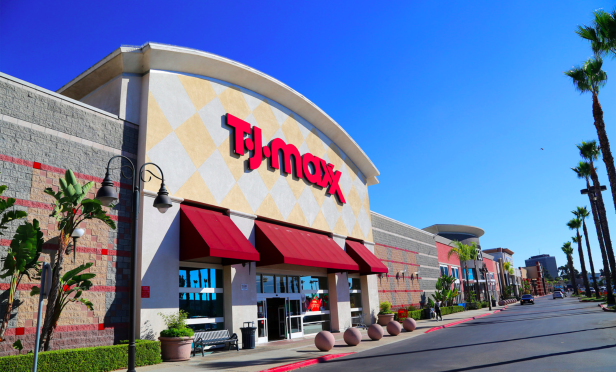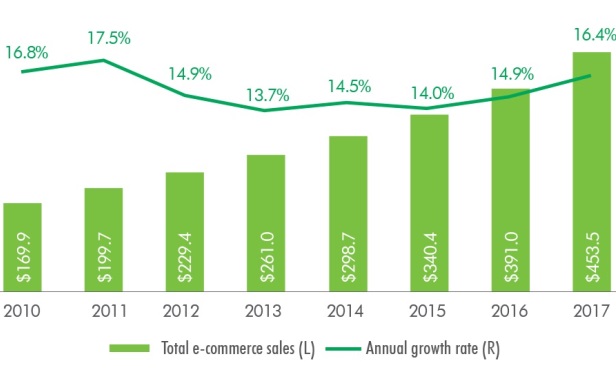 Big box retail closures, which continued to strike through 2018, will create opportunities in the coming year. Toys R Us, among others, have shuttered this year, but rather than panic about the increased space, the market is instead embracing opportunities to transition those spaces into more consumer-friendly retail experiences, like movie theaters and restaurants, or into different, higher and better-use asset classes, like multifamily.
Big box retail closures, which continued to strike through 2018, will create opportunities in the coming year. Toys R Us, among others, have shuttered this year, but rather than panic about the increased space, the market is instead embracing opportunities to transition those spaces into more consumer-friendly retail experiences, like movie theaters and restaurants, or into different, higher and better-use asset classes, like multifamily.
"Big box closures are inevitable and they were no more numerous in 2018 than in past years. They had very little impact other than to create opportunities for retailers and developers," Gary A. Glick, a partner at Cox, Castle & Nicholson, tells GlobeSt.com. "Despite the closures, retail sales increased significantly in the last quarter of 2018 versus 2017. Big box vacancies are creating numerous opportunities for other retailers to pick up choice locations in vibrant shopping centers. This is true for the Toys 'R Us locations. With respect to department store closures, developers are presented with opportunities to re-purpose their centers with theatres, restaurants, medical or multi-family uses. With so little new retail construction, these spaces will be filled up or re-purposed quickly."
While big box vacancies are an opportunity for investors and developers, there are concerns that consumer spending could wan next year. "Many economists and retail experts have expressed concerns about a mild recession in the next few years," says Glick. "While we are seeing signs of extreme volatility in the stock market due to rising interest rates, the U.S. government's trade policies and the government shut down, consumer spending in 2018 was very strong and the hope is that any recession will be very soft and shallow."
Recommended For You
Want to continue reading?
Become a Free ALM Digital Reader.
Once you are an ALM Digital Member, you’ll receive:
- Breaking commercial real estate news and analysis, on-site and via our newsletters and custom alerts
- Educational webcasts, white papers, and ebooks from industry thought leaders
- Critical coverage of the property casualty insurance and financial advisory markets on our other ALM sites, PropertyCasualty360 and ThinkAdvisor
Already have an account? Sign In Now
*May exclude premium content






